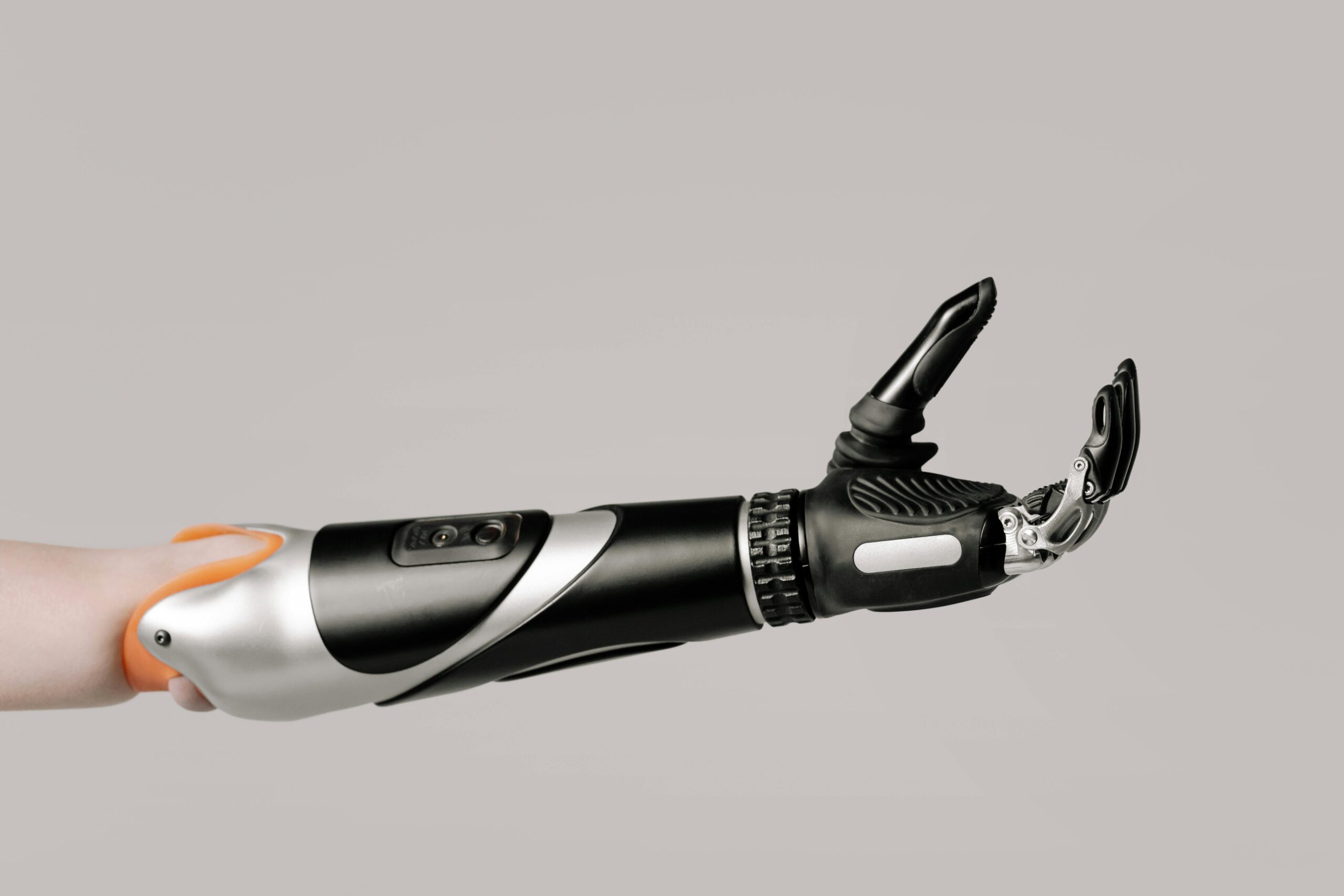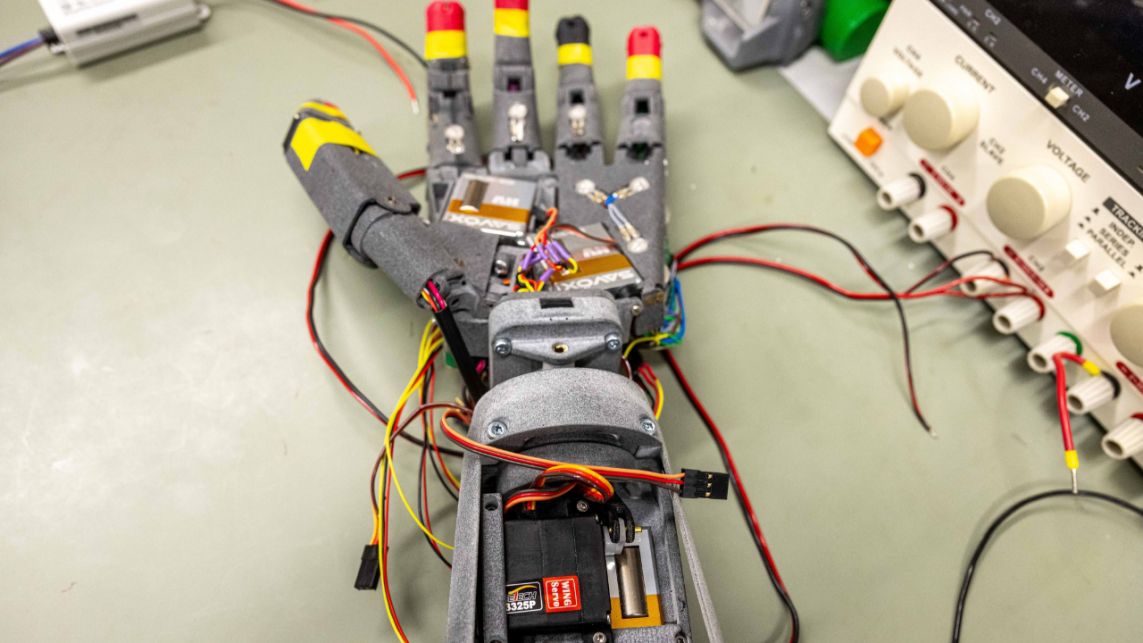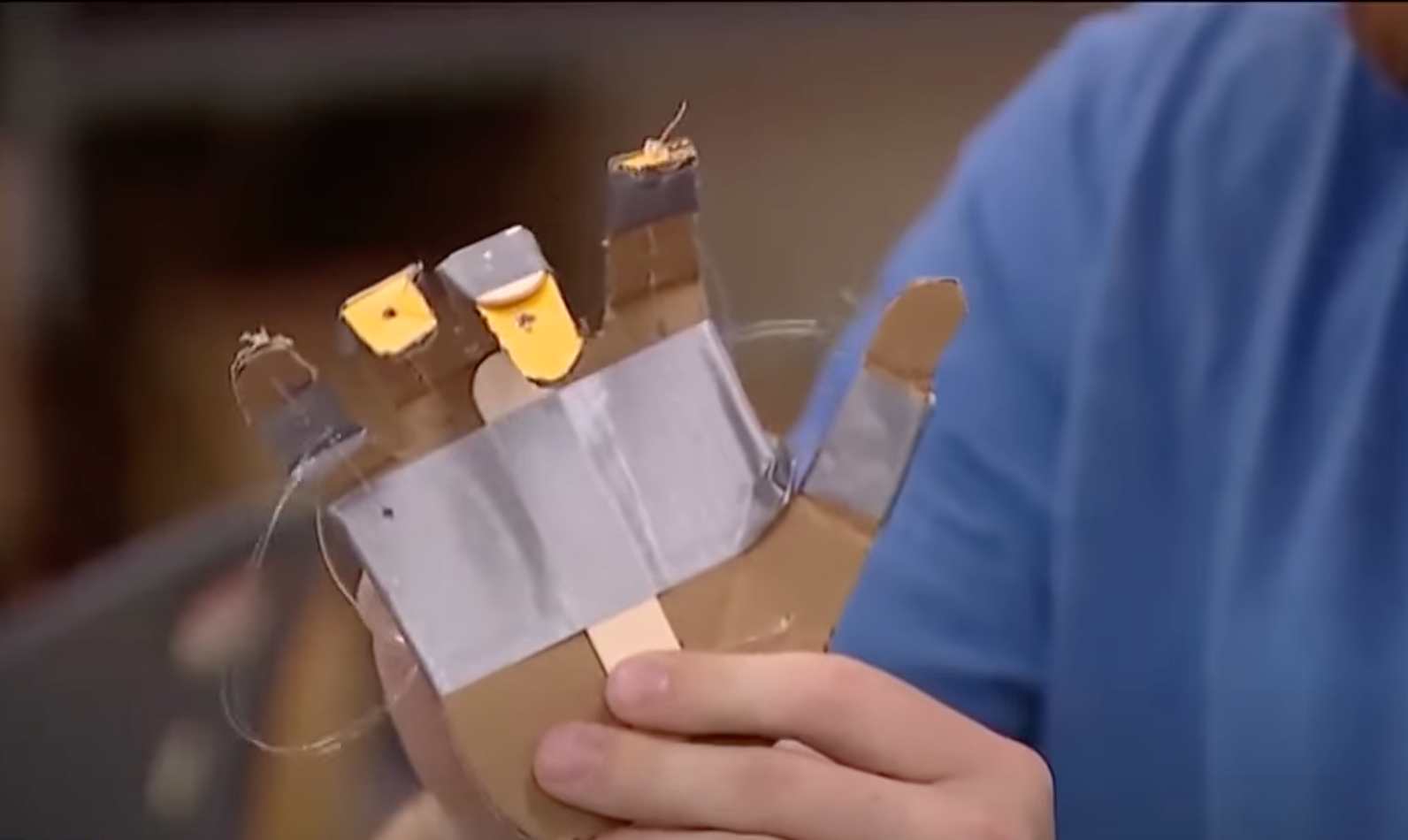European scientists have developed a cutting-edge prosthetic hand that could transform the lives of amputees, offering a non-invasive, natural way to regain control over daily actions. This advanced device, part of the EU-funded MYKI project, uses magnetic implants placed in the user’s forearm muscles. The magnets enable the prosthetic hand to respond precisely to muscle movements, eliminating the need for wires or electrical signals, which are common in traditional prostheses.
The concept behind this breakthrough technology is rooted in simplicity and effectiveness. Tiny magnets implanted in the muscle tissue create a magnetic field that translates into hand movements. This allows users to open jars, pick up objects, or handle delicate items with an unprecedented level of control and ease. The prosthesis is designed to be highly adaptable and durable, making it a practical tool for daily life.
A significant milestone came when the prosthetic hand was successfully tested on a patient, allowing for complex motor tasks that are often difficult for current prosthetics to manage. The technology’s capacity for intuitive control is expected to improve the quality of life for many amputees, enabling them to perform routine tasks that would otherwise require great effort or assistance.
The MYKI project is now in its next phase, with researchers refining the technology for broader use. This development not only addresses the technical challenges of prosthetic devices but also prioritizes user comfort and accessibility. The ultimate goal is to make this innovative solution available to more amputees, revolutionizing the way prosthetics interact with the human body.
The potential applications of this magnetic technology extend beyond just hand prosthetics, offering hope for further advancements in prosthetic limb function. Researchers are optimistic that this method could soon replace more cumbersome systems, creating a new standard in the prosthetic industry.
As the MYKI project continues, the future of prosthetics looks promising, with more efficient, user-friendly, and accessible options on the horizon. This project represents a leap forward in improving the independence and quality of life for amputees around the world.
For further details, visit the official CORDIS article.



